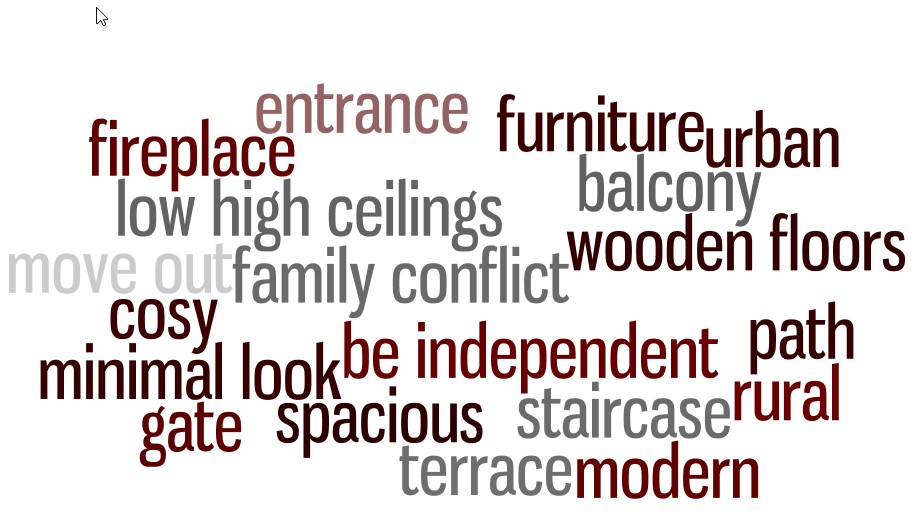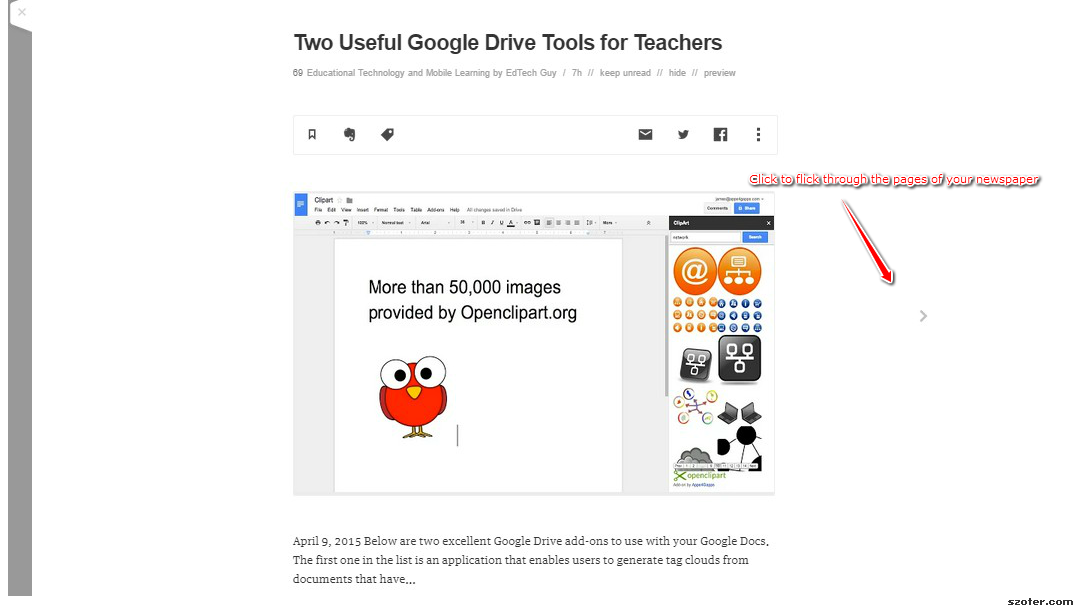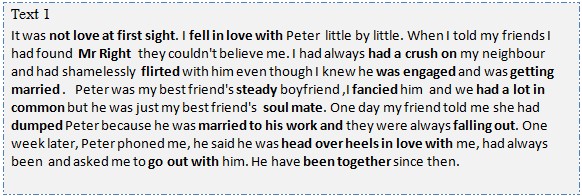 In this post you’ll find some material to practise describing two pictures about Houses/Rooms in a House. There is some useful vocabulary and expressions as well as two different sets of pictures with some questions that might give you some ideas of what you need to talk about in this part of the exam. Remember that you’ll need to practise describing , comparing and giving opinion . Download the pdf here
In this post you’ll find some material to practise describing two pictures about Houses/Rooms in a House. There is some useful vocabulary and expressions as well as two different sets of pictures with some questions that might give you some ideas of what you need to talk about in this part of the exam. Remember that you’ll need to practise describing , comparing and giving opinion . Download the pdf here
To see an example of two students doing this exercise, go to Pictures Description Homes : Part 1.
For further practice, visit the Picture Description Section in this blog.
Step1. Study this vocabulary and expressions before you start describing.  Useful Expressions:
Useful Expressions:
- It is too expensive for me to rent/buy a house
- decorate in my own taste
- a place of my own
- live on my own
- can’t afford to rent
- crowded with furniture
- the room is airy and light
Special Attention to Prepositions:
- live in a city/the country
- live on the outskirts of a city
- live on the north coast
- live on the second floor
Types of Houses
- a detached house
- a semidetached house
- terraced houses
- cottage
- bungalo
- block of flats
- a motor house
- skyscraper
- a mansion
- a house boat
Step 2. Practice 1: Describe, compare and give opinion  Some ideas to help you:
Some ideas to help you:
- What are the advantages and disadvantages of living in a house or a flat?
- How many different homes have you lived in? Which did you prefer?
- What do you think about people keeping big dogs in flats?
- What is your relationship with your neighbours?
- What is your general feeling about the architecture in your local area?
Step 2. Practice 2: Describe, compare and give opinion  Some ideas to help you:
Some ideas to help you:
- Do you have a lot of decorations in your home or is it bare?
- What would you say the decoration style of your home is?
- What would your ideal house or apartment look like?
- Is your home clean? Are you a very organized person?









